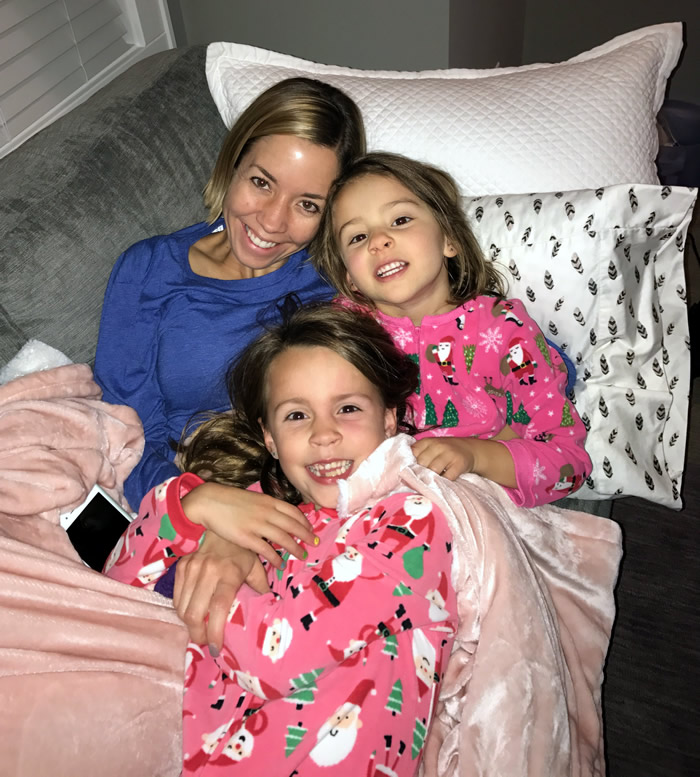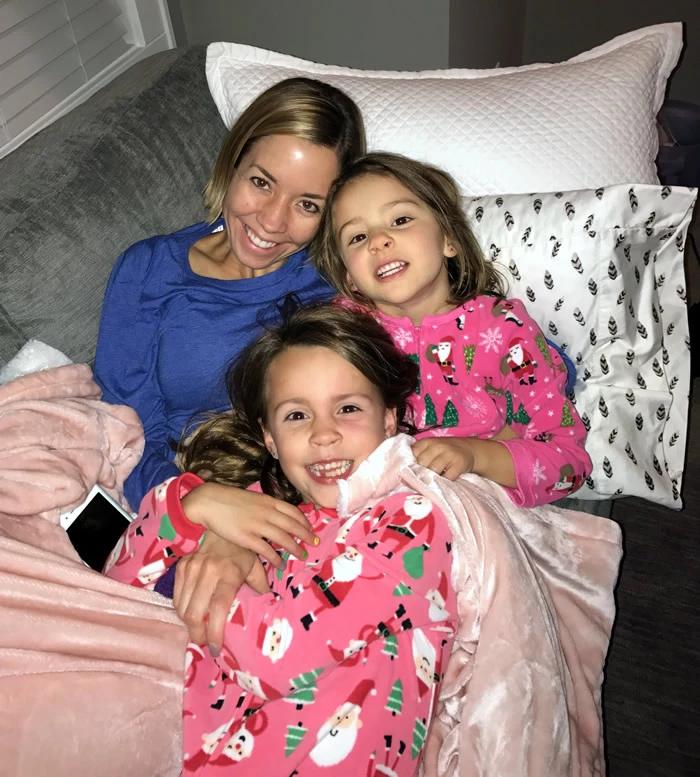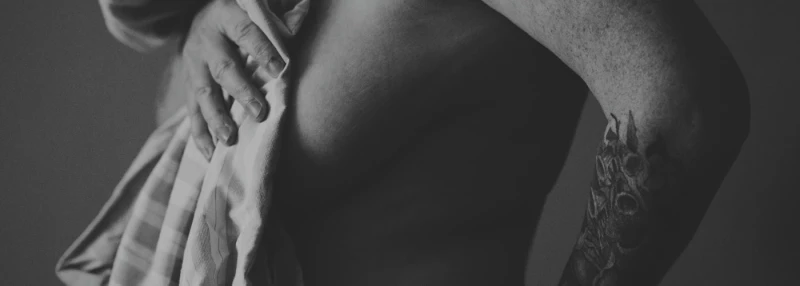Being a younger parent while fighting cancer brings another dimension to the battle. Having cancer is tough enough as it is. Having cancer while parenting is downright exhausting. From the initial diagnosis of cancer to weathering chemotherapy to recovering from surgery, the perspective changes when there are children listening and watching as you limp over each hurdle.
Where It All Begins: You Have Cancer
After hearing those words, “You have cancer,” life seems to cave in on itself for a time. That’s okay. Take the time you need to go through the range of emotions you feel. While so many thoughts raced through my head after diagnosis, the very first ones revolved around my children. How will they handle the heavy weight of a sick parent? Can I get through all of this while they are watching? Will I be here to see them start kindergarten, graduate high school, find their careers, or get married?
Get Connected
When you feel ready after this, begin the conversation with your kids. It will be a little different depending on the ages, personality and level of understanding of each kid.
My psychologist taught me that there a few important things when talking with children about cancer.
- Let them know that thoughts and feelings are okay and that they should be able to express them to you or another adult loved one.
- Use language that is age-appropriate but also factual so they can understand what is happening (this includes using the words cancer, chemotherapy, surgery).
- Keep those lines of communication as open as possible as the days unfold, from brief check-ins with your child to longer conversations when needed.
Making It Through the Middle
Life as a parent is busy enough as it is, so throwing breast cancer treatment and surgery into the midst of that can be daunting. What worked for me was having a “one day at a time” perspective and an “it takes a village” mentality.
Take each day as it comes. Some days are physically and mentally hard - chemotherapy days and the days following, surgery and the early part of recovery, and weeks of radiation. Be kind to yourself on these days, and catch the moments that you can with your children. It may be a hug, reading them a story at bedtime, listening to them practice school work, conversing about their day or watching a movie together from the couch. It does not take a lot of time to have quality time.

On the days where it is possible, keep their routine the same as much as you can. Continue their favorite activities or lessons, follow the same patterns at bedtime, run the same errands, and keep schooling consistent. When there is time, let them help you, whether doing laundry or dishes. And allow them to express their feelings (drawing, making cards, writing in a journal).
This is a good time to ask and allow friends and family to help. Trying alone to keep up with daily life and parenting and cancer treatment is difficult. And giving others the opportunity to assist often allows them to feel useful when it is hard for them to know what they can do to help. There are lots of ways to help a friend with breast cancer. Enlist others to carpool, help with homework, do the laundry, make school lunches, attend field trips and extracurricular activities, and provide an outlet for some fun.
Moving Forward as a Mom with Cancer
"As moms, we often feel like we can or should or need to do it all. But sometimes we can’t, and that’s okay. We have bravely fought and have continually persisted, and children see that."
When the dust starts to settle after the active treatments, life may look a little bit different. Priorities may shift, new problems may arise, and future plans may change for you and your child. This is an important time to figure out what you both need and want moving forward.
Just as adults find help and hope in support and communities, children can too. There are national organizations that offer support, such as Camp Kesem and Kids Konnected. Additionally, your oncologist can likely provide local resources and contact information for you and your child to get connected.
As moms, we often feel like we can or should or need to do it all. But sometimes we can’t, and that’s okay. We have bravely fought and have continually persisted, and children see that. They see that there can be hope during hard times, that there can be love in the dark, that there can be smiles through the tears.
While those days, weeks, and months of treatment were taxing, they also gave me a reason to slow down and spend time with my three young children. There were more moments of talking and fewer moments of following an agenda. There were more hugs and fewer plans. We learned to live in the moment and share our thoughts. And we now value each event, each experience, each milestone, and each memory more than ever before.
 Marisa is a physician, mom of three, and breast cancer fighter. She was diagnosed with early stage, triple positive breast cancer at the age of 35, which has given her a new passion for research and advocacy. She enjoys using her medical and research knowledge along with her personal experiences with cancer to make a positive impact in the oncology world.
Marisa is a physician, mom of three, and breast cancer fighter. She was diagnosed with early stage, triple positive breast cancer at the age of 35, which has given her a new passion for research and advocacy. She enjoys using her medical and research knowledge along with her personal experiences with cancer to make a positive impact in the oncology world.




